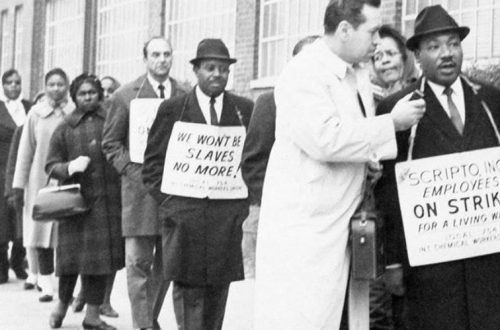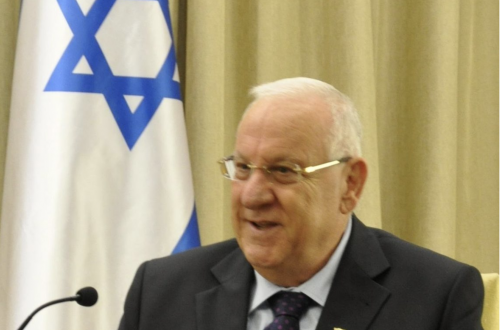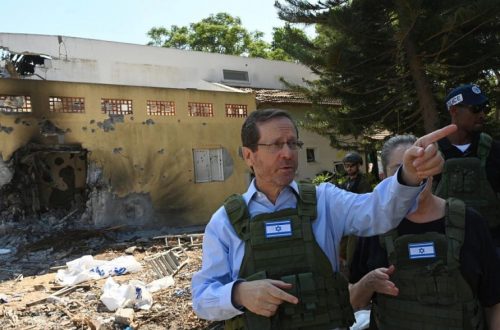Following up Christophe Deghelt’s eloquent response to aggressive boycotters, here’s some more news about groups and individuals who are countering messages of hatred and delegitimisation.
On Tuesday 15 January a debate was held in the House of Commons to discuss how best to promote renewed negotiations and a two state solution. This was jointly organised by Labour Friends of Israel and We Believe in Israel. Here is part of the LFI press release:
Rt Hon Jim Murphy MP spoke alongside: Dr Or Rabinowitz, former news desk editor at Israel’s Channel 10 news and research associate at King’s College’s Centre for Science and Security Studies; Hitham Kayali, Palestinian peace activist and advocate for a two state solution; and Matthew Doyle, former political adviser to Tony Blair, including in his role as Middle East Quartet Representative. The debate was chaired by LFI Vice Chair Michael McCann MP, a member of the International Development Select Committee.
…
Dr Or Rabinowitz highlighted that “most Israelis support a two state solution” but raised concerns that the Israeli public have removed the occupation “from the conscious agenda.” Protesting calls for academic boycotts of Israelis, Dr Rabinowitz argued that: “We should fight very, very strongly against delegitimisation campaigns.”
Hitham Kayali asserted that to get the peace process back on track: “We have to create the same conditions as we had before the Oslo peace process,” pointing towards the interaction that existed between Israelis and Palestinians. Hitham also said that it is vital that settlement building ceases.
Concluding the debate, Michael McCann spoke of his “heartening” experience meeting with schoolchildren in southern Israel during a 2011 LFI delegation. He said that the desire of the children for peace with their neighbours, despite living under the perpetual threat of rocket fire, gave real “hope for the future”.
Following the debate, LFI Deputy Director Ben Garratt said:
“We were delighted to be joined by so many from the Labour party and beyond, to debate how we can work together to promote a two state solution. The fantastic turnout demonstrates a real appetite for serious engagement with the challenges facing Israelis and Palestinians.”
Following the debate, Luke Akehurst, director of We Believe in Israel said:
“We were delighted to support this event. There was a high level of debate and an excellent turnout.” “We are committed to supporting the vital work of all the party political friends of Israel groups.”
Stephen Hoffman, of the Zionist Federation, reports some news from Brighton, constituency of Caroline Lucas of the Green Party, and others unfriendly to Israel. On 6 January nearly 200 activists attended a joint event organised by the Zionist Federation and Christian Friends of Israel, where the formation of a new association, Sussex Friends of Israel, was announced.
The panel that included Jacob Vince, director of CFI and a member of the General Synod, covered the importance of advocating for Israel and the best way of doing this. One area that is growing in importance which was covered is social media and the internet, as a way of making Israel’s case heard and an effective method of attracting more supporters.
…Alan Aziz, Executive Director of the ZF stated “At a time when Israel comes under frequent attack, I am delighted to see the partnership with CFI go from strength to strength. Thanks to this partnership, those advocating for Israel have a stronger voice than ever before throughout the UK. “
Recently, a commenter here reflected: ‘Seriously, I sometimes think that being a ‘moderate’ in this conflict is the most dangerous, radical position to take.’ Whether or not that’s the case I think it’s true that those whose support for Israel is perhaps more equivocal than that of Israel advocacy groups (such as the ZF) can play an effective role in shifting people’s views away from the distorted picture offered by Israel’s enemies. In fact Christophe Deghelt’s was one such voice – he passionately rejected the call to boycott, yet also rejected accusations that only those firmly on Israel’s ‘side’ might reach that decision.
Performing in Israel does not mean we approve of the Israeli government or its politics, and it doesn’t mean we don’t understand the turmoil and the suffering of the Palestinian population. Your attempt to railroad artists into a black-and-white dilemma is intellectually dishonest.
Here’s another interesting perspective from the middle ground, that of Nicky Larkin, who writes pungently about the mixed responses to his film Forty Shades of Grey.
2012 took me all over the place screening my film and taking part in Q&A sessions that followed from the audiences. With the general consensus in Ireland being that I was a Zionist puppet, pumped full of Jew gold, and more than likely a Mossad agent, I was interested to see how Forty Shades of Grey would go down elsewhere in the world.
When it comes to the Israel issue, your average Canadian is a lot less hostile than your average Paddy. Though in fairness, after a few valiums, a Pernod and Lucozade, Iranian President Mahmoud Ahmadinejad is probably a lot less hostile to Israel than your average Irishman.
But I was shocked to be attacked by the Jewish Diaspora in Canada. For some of the Jewish members in the audience, their rose-tinted glasses made their Canadian version of Israel into some form of Disneyland. It’s a Jewish utopia; that is until a jumped-up filmmaker from Offaly came along with his film that said otherwise.
Israel is not perfect; no more than any other country. But it is a democracy, and a democracy people risk their lives to get to. In my experience, it is the only place you can be leftwing and Zionist.
I think the excellent turn out for LFI’s oversubscribed debate (and I was sorry that circumstances prevented me from attending) demonstrates that Larkin’s final assertion is a little too pessimistic.
Hat Tips: Ben Garratt, Stephen Hoffman, Zkharya


